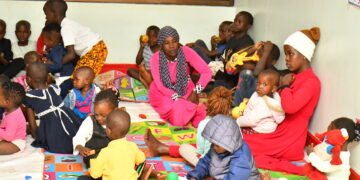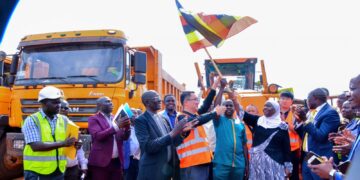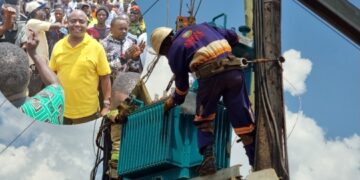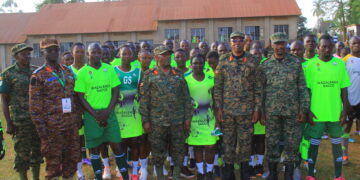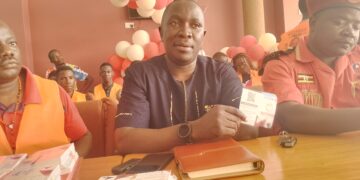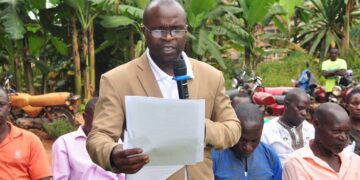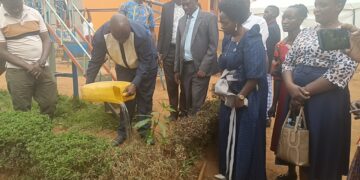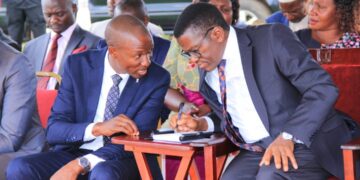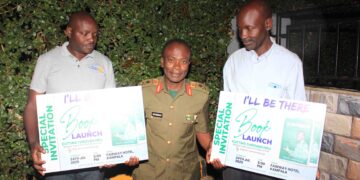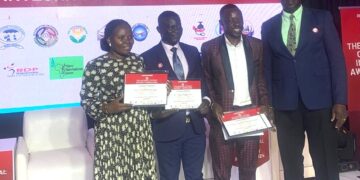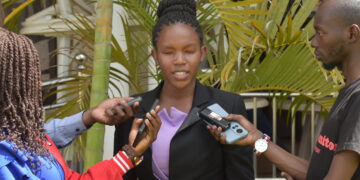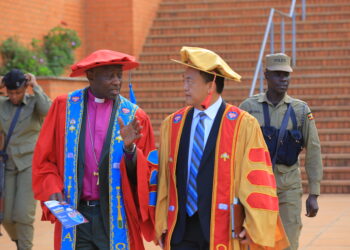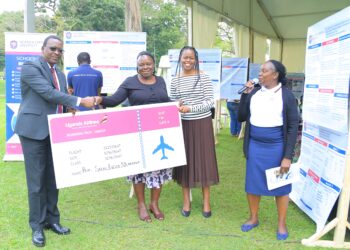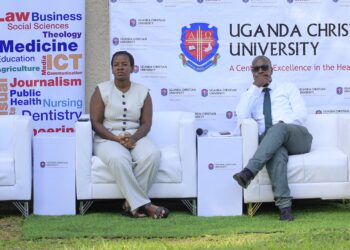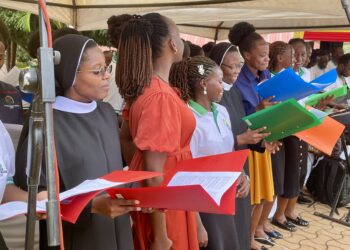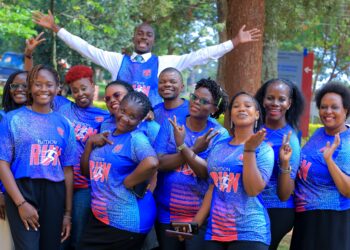The Uganda Bureau of Statistics (UBOS) has today launched a nationwide data collection exercise targeting primary schools across the country, following the end of a teachers’ strike that had stalled academic activities in government schools for weeks.
According to Didacus Okoth, the Principal Public Relations Officer at UBOS, the deployment marks the resumption of field operations that had been suspended due to the industrial action by government primary school teachers.
The exercise will run from October 27 to 30, 2025, ahead of the Primary Leaving Examinations (PLE) scheduled for early next month.
“This activity follows the end of industrial action by government primary school teachers who had been on strike since the beginning of the term,” Okoth said.
“Our teams will now visit schools to collect vital information that will support education planning and the smooth administration of national exams.”
Okoth explained that UBOS enumerators will collect data on learners, teaching staff, non-teaching staff, and school infrastructure to update the Education Management Information System (EMIS) and improve education sector statistics.
For learners, the teams will capture details such as names, dates of birth, gender, nationality, class level, EMIS number, National Identification Number (NIN), and any special needs information.
For teaching staff, data will include names, qualifications, subjects taught, Teacher Management Information System (TMIS) numbers, and nationality.
Non-teaching staff will also be profiled, capturing similar demographic and employment details.
The institutional information to be collected will cover school names, registration and licensing status, operational category (public or private), location details (district, sub-county, parish, village), and GPS coordinates for accuracy.
Enumerators will further assess the physical infrastructure of schools — including the number and condition of classrooms, toilets, teachers’ houses, playgrounds, and sports facilities.
Data will also be gathered on the availability of teaching and learning materials such as textbooks, blackboards, and laboratory or sports equipment, as well as water and sanitation facilities, which are critical for healthy learning environments.
UBOS has appealed to headteachers, local government authorities, and parents to cooperate with the enumerators during the exercise.
“We urge all parents to provide correct information, especially the learners’ date of birth and national identification details, to ensure accurate data collection,” Okoth emphasized.
He noted that reliable education data is essential for effective policy-making, resource allocation, and monitoring the quality of education delivery across Uganda.
Government primary school teachers recently ended a strike over pay disparities, allowing schools to resume full operations.
The UBOS school data collection exercise is expected to inform planning for the 2026 academic year and strengthen education management systems nationwide.

